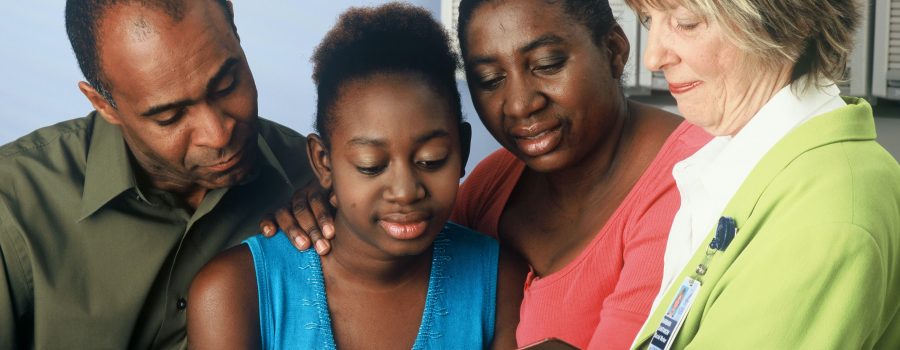When most people think of a head injury – concussion, stroke, car accident, fall, cancer/tumor – they focus on the immediate physical recovery and exiting the hospital. It is after they are stable that we begin working with that patient; and every day it seems the client is getting younger.
Treating a patient with a concussion, stroke, fall or a brain disease (dementia, Parkinson, ALS, Alzheimer) is different based on the place of injury, the type of symptoms, and what the patient is trying to return to.
Many of our students returning to school after a concussion may require color coded systems, pacing boards to help them express themselves more effectively, and a variety of apps to help them remember tasks, set reminders for chunking material, and organize a calendar.
For a stroke patient the intervention always involves the spouse and/or caregiver just as much as the patient so that the skills being developed can be supported outside of the therapy session. And, for the caregiver to understand and cope with the “new normal.”
A patient with a brain disease may present with symptoms that require our input early on (memory, organization, following directions, verbalizations) or not until much later (swallowing). Our input is not always continuous, and the ending of our service is not always clear.
Even though our treatments may vary depending on the type of injury, the caregiver response is not differentiated. All caregivers go through a variety of stages which involves shock/denial, anger at the person who is left or the person who was lost, bargaining as they hold on with hope that the person lost will still emerge, grieving/depression for the person lost, and finally the stage we try to help them get to… acceptance.
All of these head injury treatments are painful to see as we often see the progress and the failures through their caregiver’s eyes. We hear the stories of how they once were star football players but can no longer handle the academic work of the classes they are attending. We hear about the meticulous handling of a company they oversaw or the class they once handled as a teacher and how they were the matriarch of the family too.
Our goal is not to return them to whom they once were but to restore their cognitive and speaking abilities to continue as a new person in their new world.


